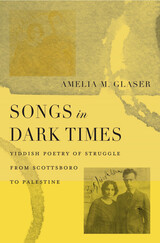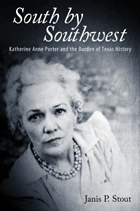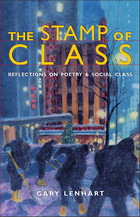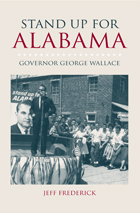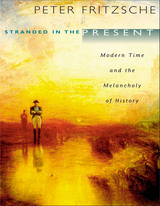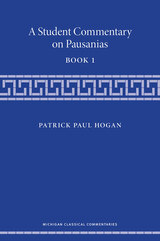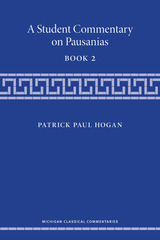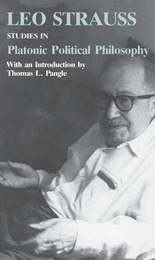Cloth: 978-0-674-20402-7
A man’s twenty-seventh year is “critical,” according to Charles Francis Adams. And so his proved to be. Twenty-five at the start of these volumes, Adams had yet to embark on the public career that would mark him a statesman, but by their conclusion he had been drawn into the maelstrom of politics. It was an unwilling plunge, dictated by what both he and his father, John Quincy Adams, regarded as betrayal of the elder Adams by Daniel Webster and his Whigs. Once in, however, he showed himself politically adept.
This diary, kept from January 1833 to June 1836 and hitherto unpublished, has elements of hidden personal drama. Through private meetings and caucuses and newspaper articles signed with pseudonyms, the younger Adams found effective means to carry on political activities in the face of dilemmas posed by his father’s public prominence, his father-in-law’s contrary persuasions, and his own preferences. He emerged with growing self-respect and solid accomplishment as political journalist—his initial vocation.
The diary has fresh disclosures also about the personality of John Quincy Adams, shrewdly assessed by an observer uniquely placed to interpret domestic scenes as well as the greatly waged struggles in Washington against the Southern “slaveocracy” and “gag rules.”
Colorful figures in Boston’s political and social life are finely etched in outspoken appraisals characteristic of the Adamses. The diarist shows acuteness too in comments on books, sermons, paintings, the theater, and opera.
See other books on: Adams, Charles Francis | Butterfield, L. H. | Charles Francis Adams | Diary | Friedlaender, Marc
See other titles from Harvard University Press

